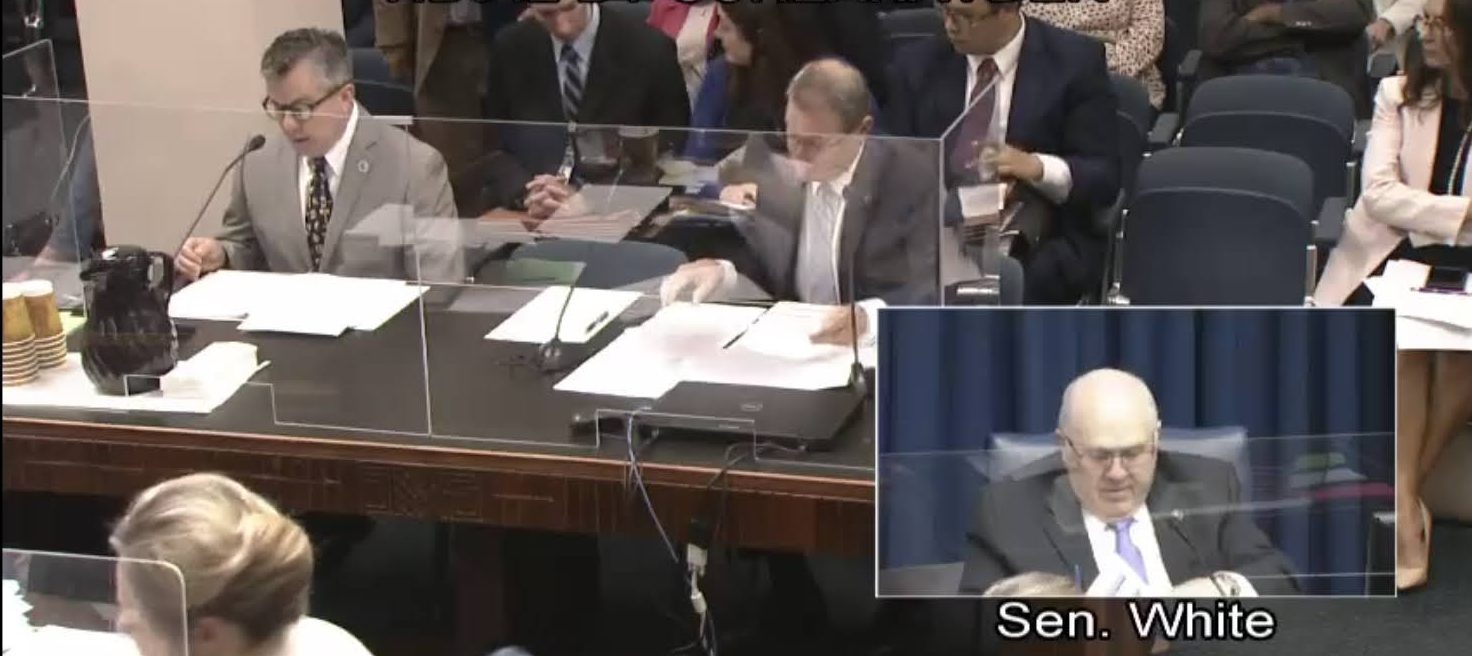191
By Ryan Nelsen
BATON ROUGE—Louisiana is one step closer to using the federal money it is receiving from the American Rescue Plan after a bill by legislative leaders passed the Senate Finance Committee Tuesday.
The American Rescue Plan is a $1


